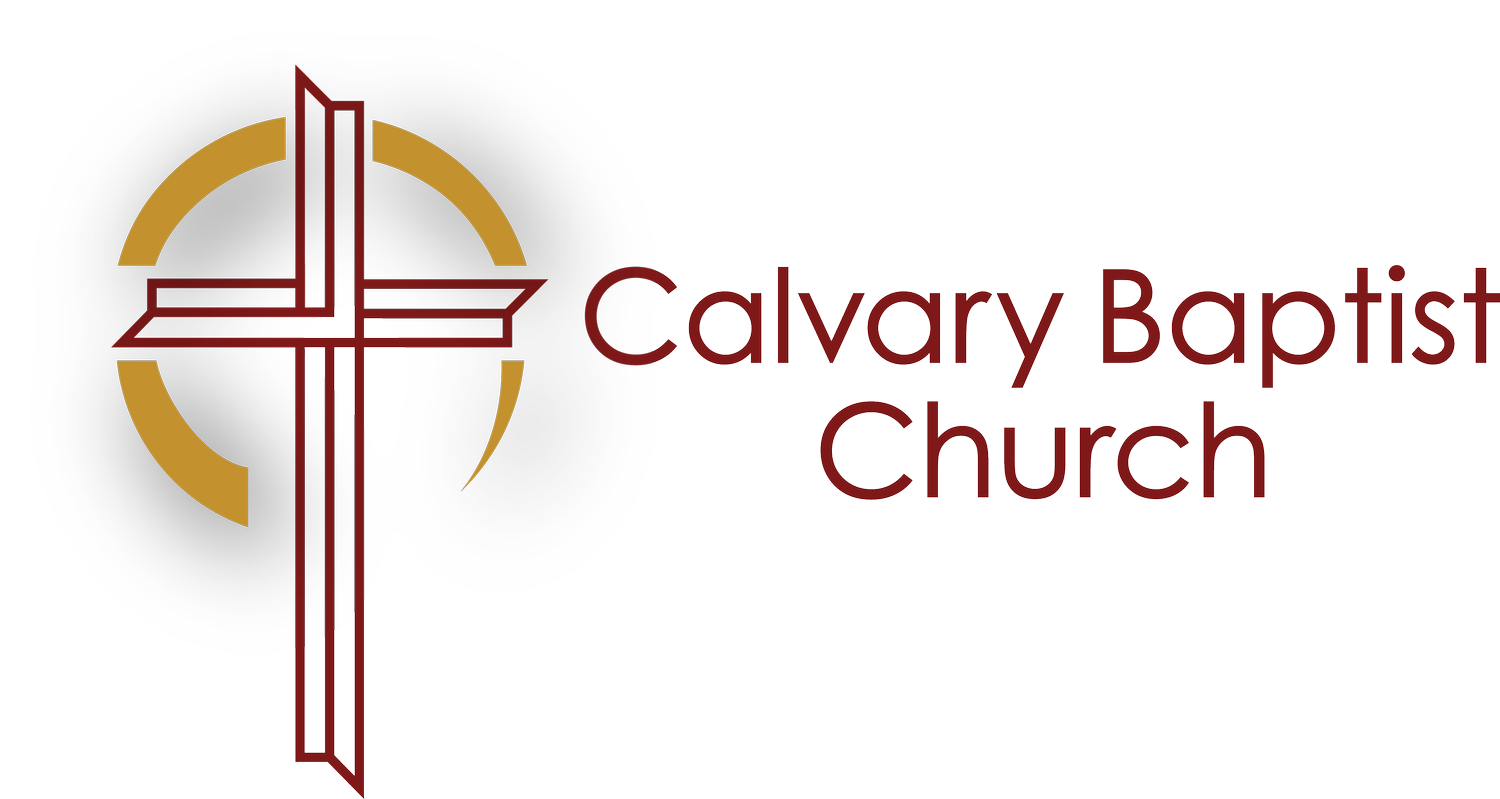Session #3- Fasting and Justice
Introduction:
Scripture makes it clear that care for the poor and the outcast should always be one of the distinguishing characteristics of the people of God. The Old Testament Scriptures contained laws requiring special provisions and protections for the poor and marginalized (Lev19:9-11, Dt 15:7-11). The Old Testament prophets frequently told of God's anger towards Israel when they neglected, exploited, or oppressed the poor and powerless in society (Amos 8:4-6, Isa 3:13-15). Jesus himself demonstrated unique care and attention to those on the margins and even began his ministry "Proclaiming good news to the poor." (Luke 4:18).
The early Church was marked by radical care for the poor. The second-century philosopher, Aristides of Athens, writing to Caesar about the early Christians said this: "And if there is among them any that is poor and needy, and if they have no spare food, they fast two or three days in order to supply to the needy their lack of food." He goes on to explain how the early Christians benefitted the Roman empire, enthusiastically declaring: "And see, because of them, good flows on in the world!"
Though most of us know that caring and providing for the poor is a vital aspect of our Christian life, we can find ourselves distracted from the need all around us. The reality is that most of us live in relative luxury, and our abundance can blind us to the suffering and poverty that exists in our community and around the world. To make matters worse, socio-economic divisions make it difficult for us to form meaningful relationships with those who experience life differently than we do. We live on opposite sides of town. We often don't shop at the same stores, eat at the same restaurants, attend the same schools, or work the same hours. Many of us need a particular practice to regularly open our eyes to the needs of our city and world. This weeks practice will focus our heart and prayers on the needs of the poor in our community and provide an opportunity for your group to participate in "God's chosen fast" (Isa 58:6-7)
What challenges do you face in focusing your heart and mind on the poor and suffering?
Why do you think Jesus had such a heart for the poor and marginalized in this world (Luke 6:20-21)? How is our call to care for the poor rooted in the gospel?
Read Isaiah 58 1-10 Together and Discuss
What does Isaiah identify as Israel's "transgression" (v.2)? What does the passage identify as the Lord's "chosen fast?" (v. 5-6)?
What are your thoughts and reactions to this passage?
What warning does this passage have for us about religious rituals and practices? How does this connect with Jesus' teaching on fasting (Matt 6:16-18)?
How does this passage challenge or expand your understanding of fasting?
This Week's Practice:
"Let us fast in such a way that we lavish our lunches upon the poor, so that we may not store up in our purses what we intended to eat, but rather in the stomachs of the poor."- St Caesarius of Arles (6th Cent.)
Mark out a time this week to fast. Because of various experiences with fasting or differing health concerns, allow each member to determine the length and nature of their fast privately. Again, we recommend that your community decide on a day to begin the fast together.
During your fast, set aside specific times to pray for those suffering from injustice, poverty, or hunger in our city. Consider doing a prayer walk in a particular area of our community where hunger and poverty are a reality. Pray specifically for organizations working to alleviate poverty and hunger in our city (See Below).
Calculate the money you would spend on food and drinks during your fast. As a community, donate it to an organization dedicated to meeting those needs (feel free to give more than the amount you calculated if you desire).
We Recommend:
The Salvation Army -Bowling Green. https://salvationarmykytn.org/
Room in the Inn Bowling Green. https://roomintheinnbg.org/
Hotel Inc https://hotelincbg.com/
Hope House https://www.hopehousebg.com/
Remember that more than just making a donation, our fast is uniting our hearts, minds, and bodies with the suffering of the poor and hungry. In this fast, we train ourselves in compassion and remove the distractions that so easily blind us to the needs around us.
· Also, be reminded of Jesus' warning in the Sermon on the Mount that our giving to the poor and our spiritual practices are done with pure motives (Matt 6:1-18). It is easy to allow spiritual pride and self-righteousness to creep into these disciplines. Make sure that your heart is pure and that you fast and give from a place of humility, identifying with the condition of those you serve. For we were all poor sinners before God, and while we were still helpless, at the right time, Christ died for us. (Rom 5:6-8). Let your fasting and giving remind you of your helplessness and empower you towards compassion for the physically and spiritually suffering.
